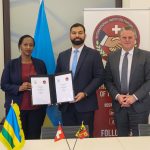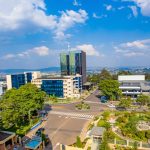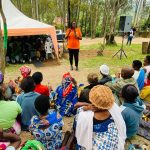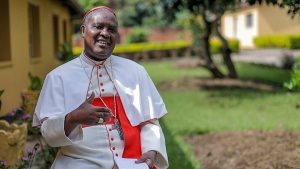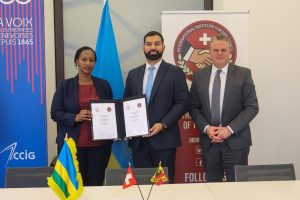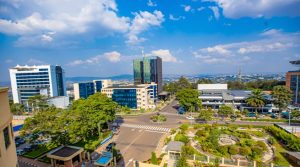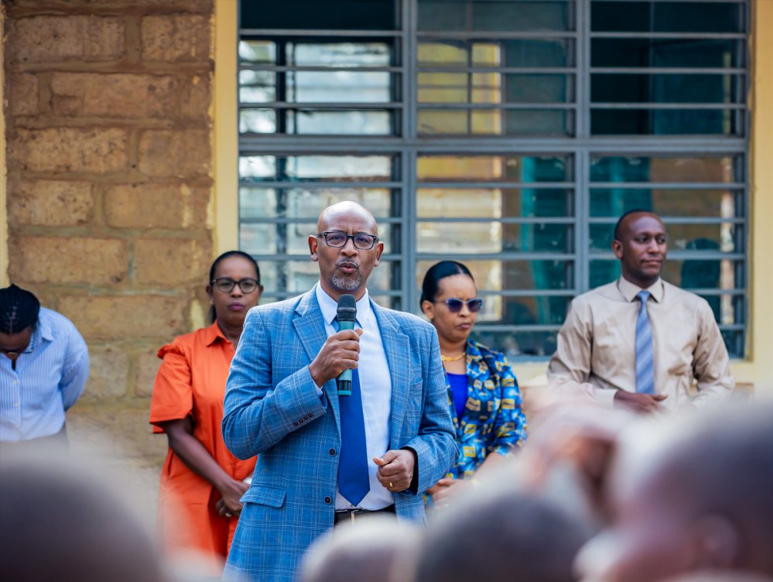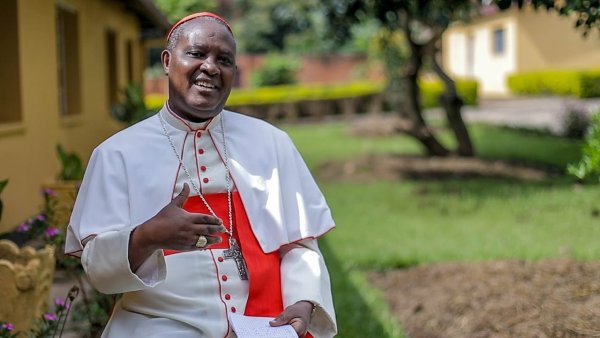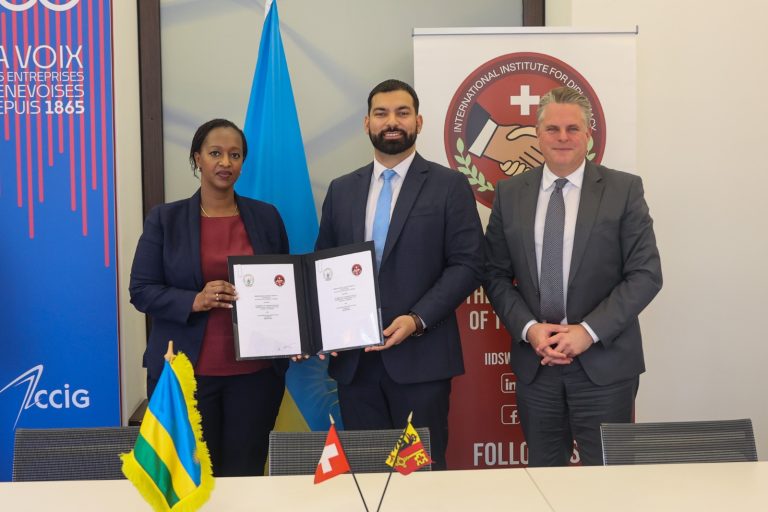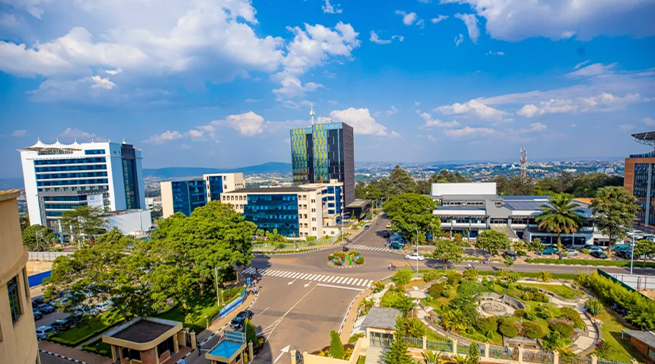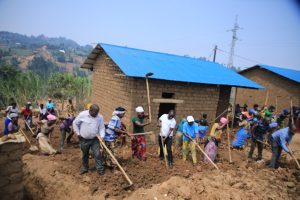For many students, the day exam results are released brings both anticipation and anxiety. Those who perform poorly often face the prospect of repeating a grade an experience that can damage confidence and weaken the determination to stay in school.
The Ministry of Education (MINEDUC) has announced that one of its top priorities for the 2025/26 academic year is to cut primary school repetition rates from the current 29.2% to 25%. If achieved, this would mark a 4.2% decrease.
According to official statistics, at least three out of every ten primary pupils are required to repeat a class. Rwanda has more than four million students enrolled in school, with over 3.1 million in primary education.
To address this challenge, the government plans to strengthen ongoing capacity-building programs, focusing on the timely distribution of learning materials and effective implementation in classrooms.
Education Minister Joseph Nsengimana noted that students who participated in the initiative during the 2024/25 school year showed significant improvement compared to those who did not. “This program has produced very positive results. That’s why we are relaunching it in September 2025 at the start of the school year, so that it can continue to support children in need. But it requires commitment from both learners and teachers,” Nsengimana emphasized.
As part of the strategy, over six million textbooks were distributed to lower primary grades (P1–P3), with another 3.9 million expected this year. On the human resources side, more than 107,000 teachers and school leaders were active in the 2024/25 school year. To further strengthen staffing, MINEDUC working with the Rwanda Education Board (REB) and the Ministry of Public Service and Labor plans to recruit 5,000 new teachers.
Tackling Dropout Rates
School dropout remains a major concern, particularly among boys in labor-intensive regions such as mining and tea-growing communities. A smaller proportion of girls also leave school due to unintended pregnancies.
MINEDUC figures show the national dropout rate currently stands at 5.2%. The ministry aims to reduce this to 4.8% in 2025/26. “We must work together to help children stay in school. Parents, in particular, should be more involved by engaging with teachers and monitoring their children’s progress,” Minister Nsengimana urged.
The government’s school feeding program, which has already proven effective in bringing dropouts back to class, will also be expanded. In the 2025/26 fiscal year, it will cover all students in public and government-subsidized schools, with a budget of more than Rwf 130 billion. Officials say food insecurity has long been a barrier to access, and expanding the program is expected to improve both attendance and retention.
Research and Academic Excellence
Beyond primary and secondary education, Rwanda’s universities continue to enhance their global academic standing. According to MINEDUC, centers of excellence across higher learning institutions collectively published 67 research papers in leading international journals.
The African Centre of Excellence for Innovative Teaching and Learning Mathematics and Science (ACEITLMS) led with 21 publications, while the African Centre of Excellence in Internet of Things (ACEIoT) followed with 18. The African Centre of Excellence in Energy for Sustainable Development (ACE-ESD) produced seven, the African Centre of Excellence in Data Science (ACE-DS) published 16, and the ICTP-EAIFR contributed five.
In the 2025 academic year, Rwanda expects its universities to publish at least 45 additional papers internationally further cementing the country’s role in advancing global knowledge.
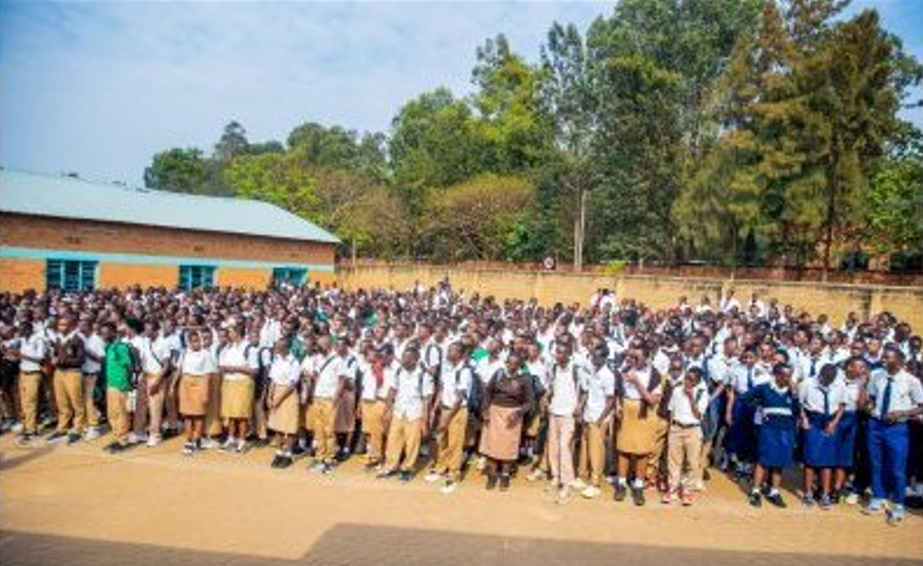
Author: Justinmind HARERIMANA

